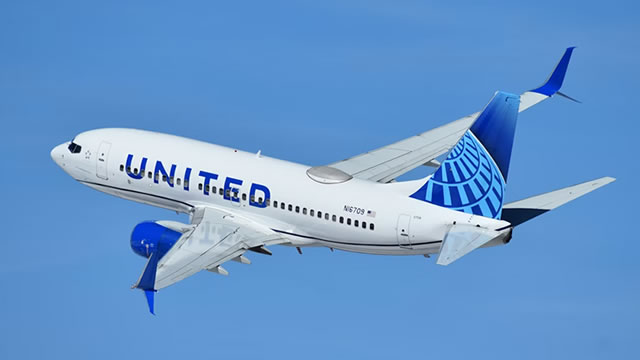Tariff Turbulence: How the Aviation Industry is Feeling the Heat
You might be surprised to learn that airlines aren’t typically the first industry that comes to mind when discussing tariff impacts. But following Wednesday’s broad tariff announcement, the sector is down big. So, let’s take a closer look at how these tariffs could shake up the aviation industry.
Impact on Consumers: The Bottom Line
First, let’s discuss how these tariffs might affect you, the traveler. The cost of airline tickets is primarily driven by fuel, labor, and airport fees. However, tariffs on imported aircraft parts and materials can significantly increase the cost of maintaining and operating an airline. As a result, some carriers may pass these costs onto consumers through higher ticket prices.
- Increased ticket prices: Some airlines may need to raise fares to cover the added costs of tariffs.
- Reduced competition: Tariffs could make it more difficult for low-cost carriers to compete, potentially limiting consumer choice and driving up prices.
- Decreased frequency of flights: Some airlines might reduce the number of flights to certain routes to cut costs.
Impact on the Aviation Industry: A Rough Ride Ahead
Now, let’s consider the broader implications for the aviation industry. The sector relies heavily on global supply chains for parts and materials. Tariffs could lead to increased costs, supply chain disruptions, and potential job losses.
- Higher costs: Tariffs on aircraft parts and materials can increase the cost of maintaining and operating an airline.
- Supply chain disruptions: Tariffs could cause delays and disruptions in the global supply chain, potentially leading to reduced efficiency and increased costs.
- Job losses: Some carriers might need to cut costs by reducing staff or even going out of business.
Global Implications: A Ripple Effect
The impact of tariffs on the aviation industry doesn’t stop at the borders of individual countries. Global trade relies heavily on air travel, and tariffs could have far-reaching consequences.
- Reduced global connectivity: Tariffs could make it more expensive and difficult for people and businesses to travel internationally, potentially reducing global connectivity.
- Economic consequences: The aviation industry contributes significantly to the global economy. Tariffs could lead to reduced economic activity and job losses.
- Geopolitical implications: The impact of tariffs on the aviation industry could have geopolitical implications, potentially leading to increased tensions between countries.
Conclusion: Navigating the Storm
Tariffs on the aviation industry could lead to increased costs, supply chain disruptions, and even job losses. As a traveler, you might see higher ticket prices and reduced competition. For the industry, the implications are far-reaching, with potential economic and geopolitical consequences. It’s a stormy forecast, but only time will tell how the industry and consumers will navigate these turbulent waters.
Stay tuned for more updates as the situation unfolds. And remember, the best way to weather any storm is with a little knowledge and a lot of optimism!





